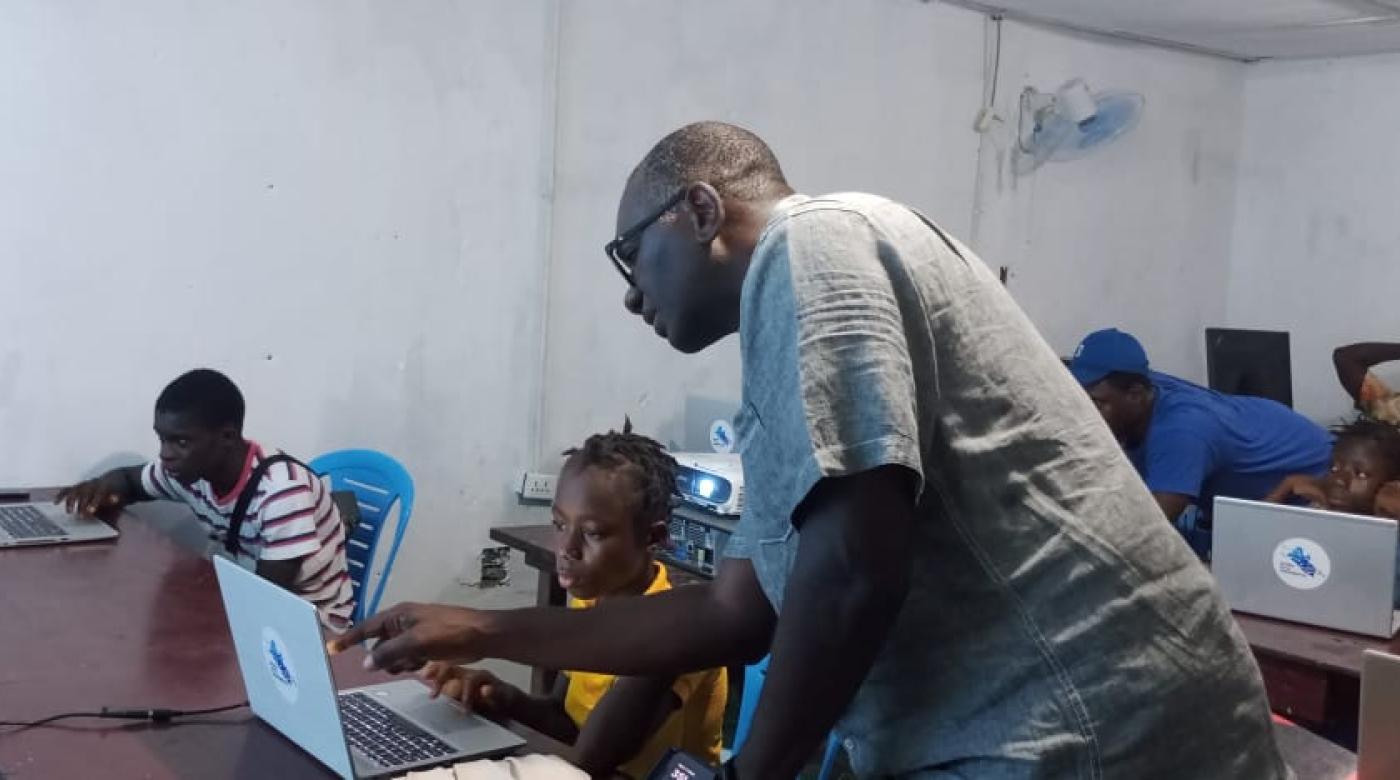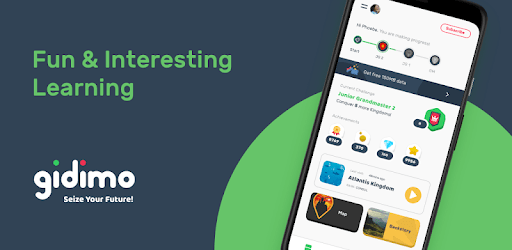231Data, Liberian IT Firm Unveils Free Computer Literacy Program

In Paynesville, Liberia, an IT business called 231Data has launched a free one-month course on digital transformation training.
This program is intended for Liberians aged 11 to 35 and is sponsored by the Liberia Telecommunications Authority (LTA).
The program’s goal is to give participants the fundamental digital skills they need. It started on January 2nd at the Christian Bible Faith Mission School in Paynesville.
According to Niahson Porte, CEO of 231Data, this initiative is a test project for data collection, which is essential for creating a thorough, long-term plan for digital skills education in Liberia.
“Our goal is to narrow the digital divide in Liberia by providing fundamental digital skills to a significant portion of the population, with a particular focus on youth, women, and PEMPEM drivers,” says Mr. Porte. “This initiative targets individuals aged 11 to 35, recognizing their need for basic digital proficiency.
“It is no secret that bridging the digital gap in poor countries like Liberia is essential to provide equitable access to education, reduce inequality, enhance economic development, and empower individuals and communities to thrive in today’s digital world.” Porte said. “It is a necessary step towards building a more inclusive and prosperous society.”
Closing the digital divide is important for a number of reasons. First and foremost, children and students need access to digital education and tools for their growth and development. Moreover, in today’s increasingly digital society, possessing the requisite digital literacy and skills is becoming essential for success in a variety of fields.
There is an obvious separation between the privileged few who have access to technology and the vast majority who do not in many nations like Liberia, where most children and students meet the Internet for the first time through a cell phone. The cost of smartphones is decreasing, which lowers the entry barrier. Nonetheless, the already-existing social and economic gaps are made worse by factors such as population increase, rising unemployment, and others.
In light of this, 231Data thinks that giving kids access to digital education gives them the chance to broaden their horizons, enhance their knowledge, and develop new talents. Leveling the playing field and lowering inequality can also be aided by closing the digital divide.
Ensuring digital accessibility for all individuals, irrespective of their financial status, may foster equal opportunities and strengthen the voice of neglected populations. In addition, Porte stated in an interview that “digital connectivity opens up a world of information and resources that can enhance learning and provide new opportunities.”
He continued by saying that kids and students may study a vast array of educational resources, online courses, and virtual libraries if they have access to digital tools and the internet. They have the ability to interact with educators and peers, obtain current knowledge, and take part in interactive learning activities.
By offering this free computer literacy course, 231Data is advancing the goals of the World Summit on Information Society (WSIS), an international endeavor that tackles the potential and problems of the digital era.
Governments, intergovernmental organizations, civil society, businesses, and individuals can discuss and work together on issues related to ICTs, digital inclusion, governance, and the general impact of the digital age on society at the WSIS, which was first held in Geneva, Switzerland in 2003 and again in Tunis, Tunisia in 2005.
Consequently, there is a greater resonance with the promotion of digital inclusion, which improves education to a considerable extent and fosters students’ ability to think critically, solve problems, and use digital literacy. Additionally, closing the digital divide may benefit economic growth.
Digital skills are becoming more and more necessary in today’s digital economy, according to Porte. “We can improve children’s and students’ employability in the future and produce a workforce ready for occupations of the future by providing them with digital education and skills. This can therefore support the nation’s overall economic expansion,” he stated.
For the next two weeks, there will be two two-hour sessions every day, with fifteen trainees apiece, for the present training program. Microsoft training modules covering six beginning computer topics are being used; these modules were previously used in the UK, Ghana, and Nigeria. Within the month, the goal is to provide learners with a foundational understanding of computers.
Over the course of the next two years, the initiative hopes to teach 10,000 people nationwide, up from its initial goal of 60 participants. The CEO of Tamma Corporation, Mr. Abdullah Kamara, and Minister Worlea Dunah of the Ministry of Post and Telecommunications were thanked by Mr. Porte for their cooperation and support in laying the groundwork for an all-encompassing digital transformation strategy.
In order to bolster the national digital transformation project, he also stated his goal to build alliances with other organizations, lawmakers, local government agencies, and foreign organizations. In the future, Mr. Porte stated that he hoped to obtain financing for the provision of computers and an expansion of training.
He underlined the value of local participation and urged county authorities to provide training facilities and set up digital learning centers around the nation. In order to maintain a continual cycle of digital skill growth, Mr. Porte sees ongoing training for people with little to no digital talent, leading to more advanced training.
He highlighted the correlation between a digitally skilled population and economic advancement, citing the potential for Liberia to achieve similar success in its digital transformation journey as other countries have experienced.







